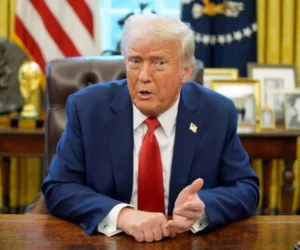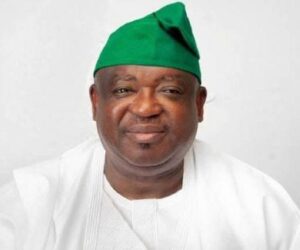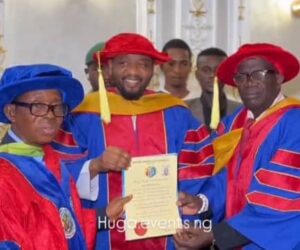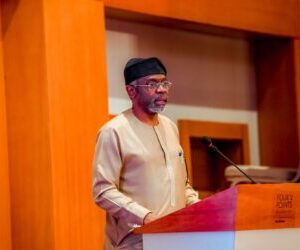While the Economic and Financial Crimes Commission (EFCC) has been praised for securing over 7,000 convictions and recovering assets worth more than N500 billion, these figures mean little if corruption continues to thrive in every sector of national life. The numbers sound impressive, but Nigerians are right to ask: who are these convicts? Are they the powerful political figures draining public funds or the small-time internet fraudsters paraded for the cameras?
The EFCC’s credibility depends not on the volume of convictions but on the quality of justice delivered. The selective prosecution of the weak while the powerful walk free only deepens public mistrust. The pardon of former governors convicted of corruption, and the slow handling of high-profile cases such as that of former Minister Betta Edu and others, have weakened confidence in the commission’s resolve.
Corruption in Nigeria has become systemic, extending from the top levels of government down to local offices. Despite the EFCC’s efforts, the 2024 Transparency International Corruption Perception Index still ranked Nigeria 140th out of 180 countries — a clear signal that the fight against graft is far from effective.
To truly make an impact, the EFCC must go beyond asset recovery and adopt transparent, non-selective prosecutions. It must show courage to pursue the untouchables — regardless of party or position — and ensure that justice is not for sale. Only then can Nigerians begin to trust that the anti-corruption war is real and not another political performance.









